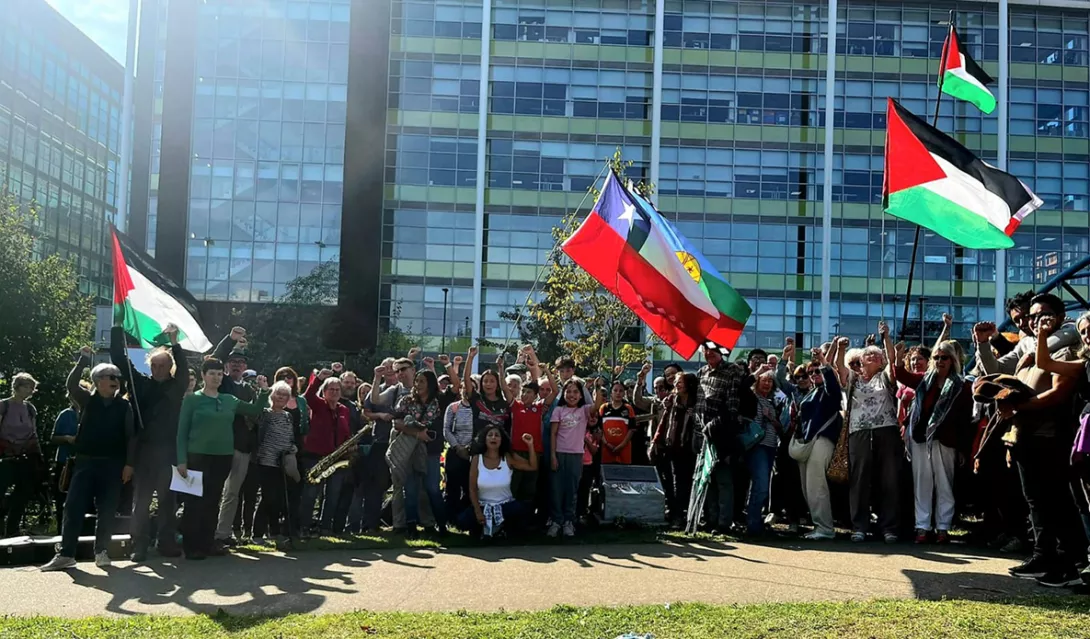VIJAY PRASHAD examines why in 2018 Washington started to take an increasingly belligerent stance towards ‘near peer rivals’ – Russa and China – with far-reaching geopolitical effects
Eduardo Contreras: titan of justice for Chileans
Kate Clark remembers a lawyer, exiled after the military overthrow of left-wing president Allende, who later helped to prosecute scores of the military coup-plotters and was instrumental in forming a new generation of human rights lawyers in the country in the ’90s
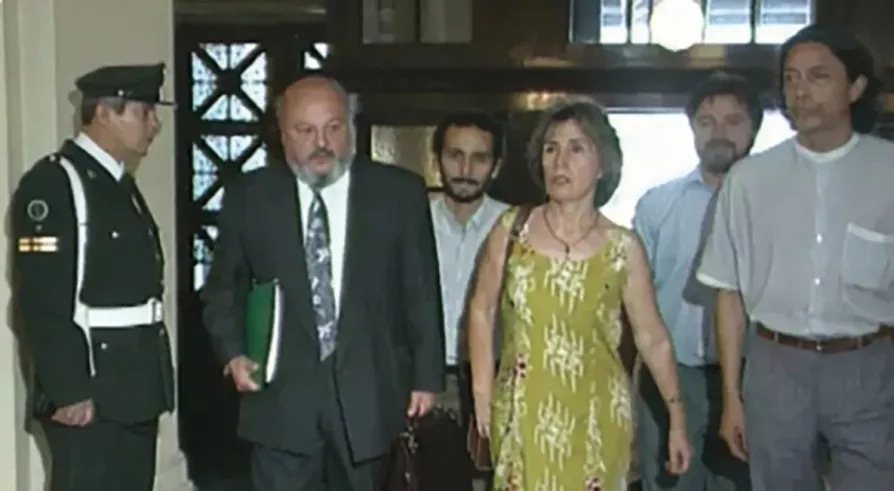
IF THERE are over 150 of Chilean dictator Augusto Pinochet’s military personnel now languishing in prison, it is largely due to the ceaseless and determined work of Chile’s foremost human rights lawyer, Eduardo Contreras, who has just died in Santiago aged 84.
My companero Ricardo and I have been friends with Eduardo since we first met in his native city, Chillan, in 1969. Then a young lawyer, Eduardo had already been elected a municipal councillor representing the Communist Party of Chile.
It was the year before the historic victory of Socialist Salvador Allende, who was elected Chile’s president in September 1970, leading an alliance of socialist and progressive parties called Popular Unity (PU).
More from this author
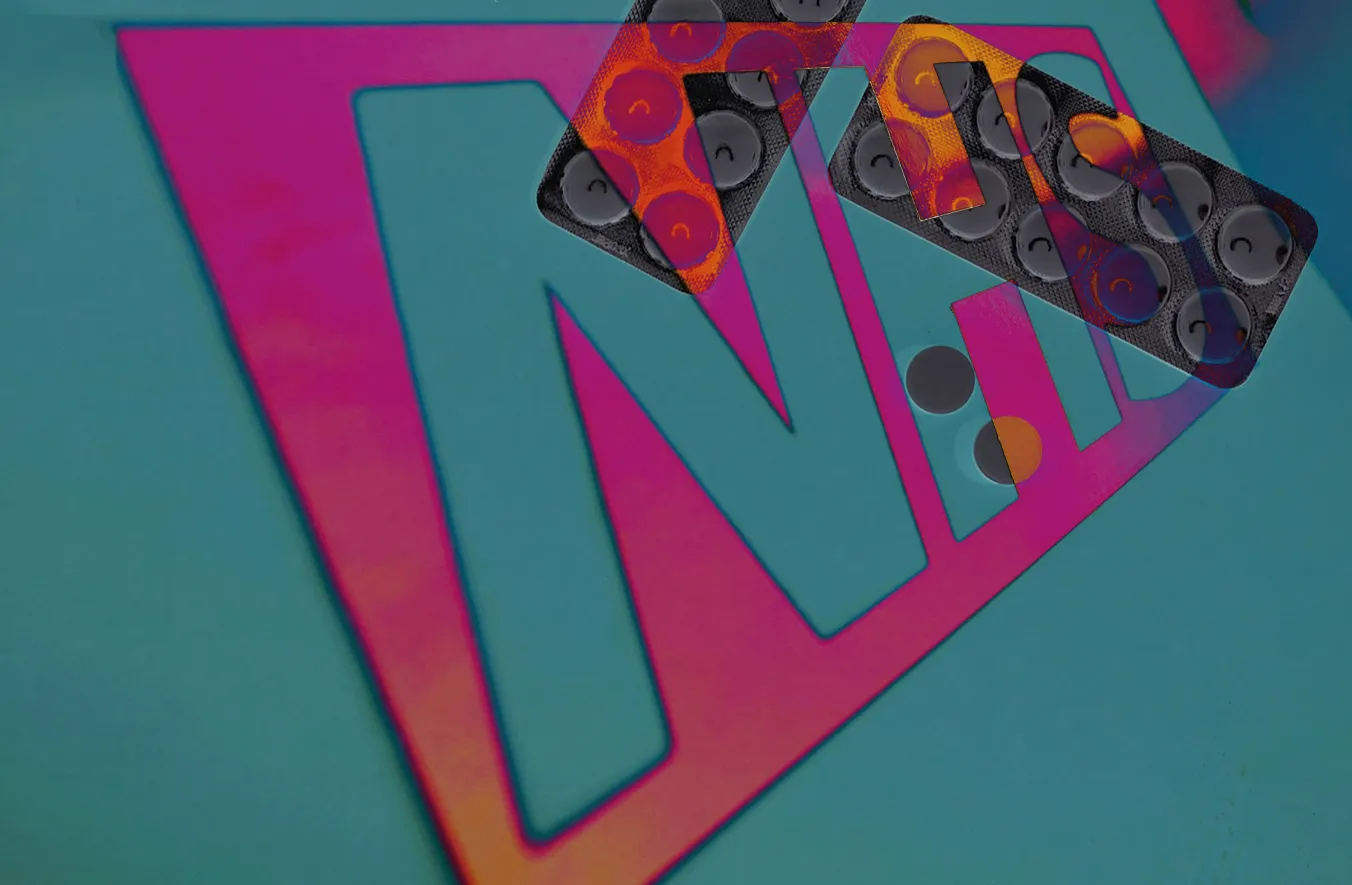
ROS SITWELL reports from a conference held in light of the closure of the Gender Identity and Development Service for children and young people, which explored what went wrong at the service and the evidence base for care
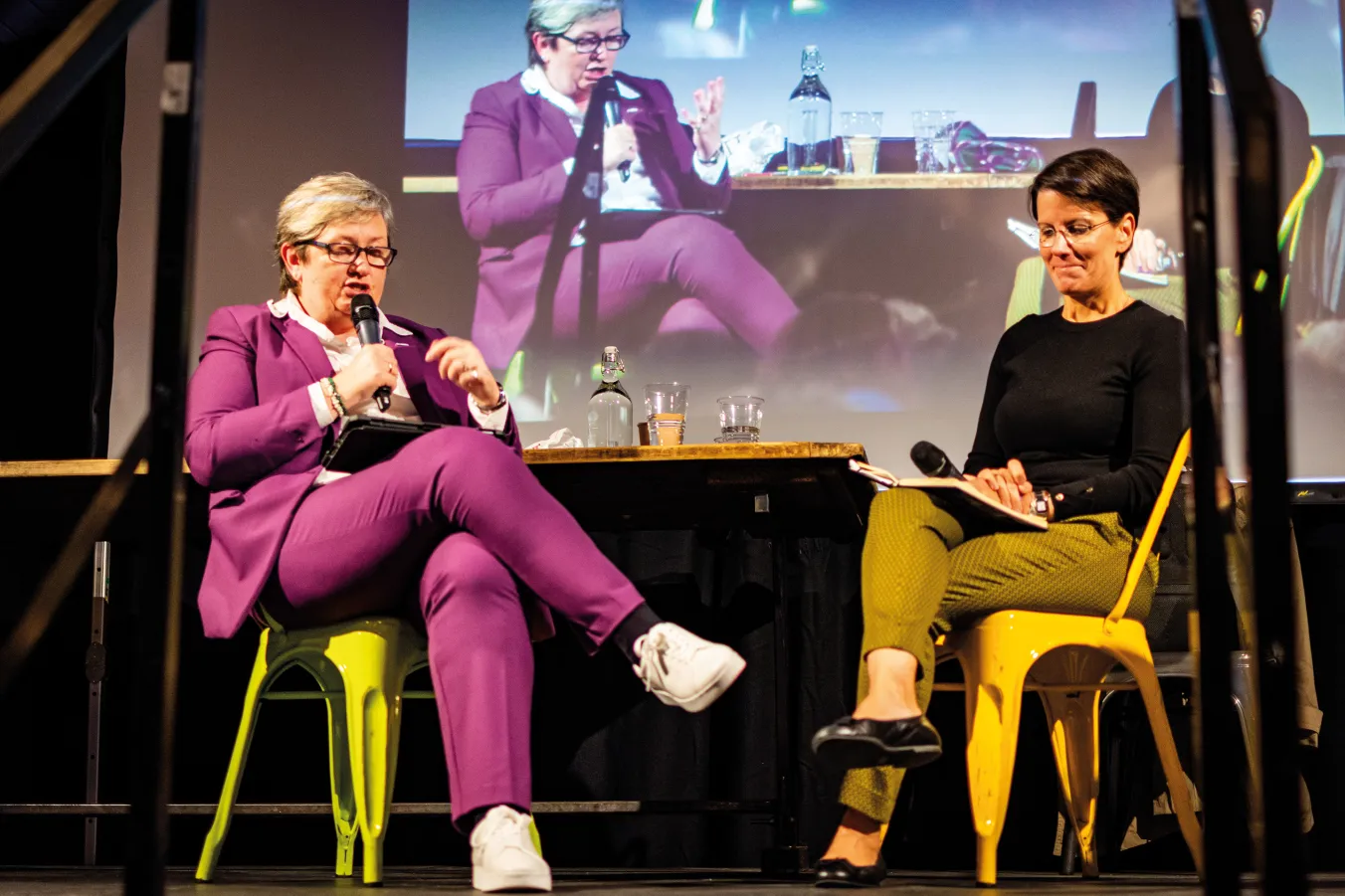
ROS SITWELL reports from the three-day FiLiA conference in Glasgow
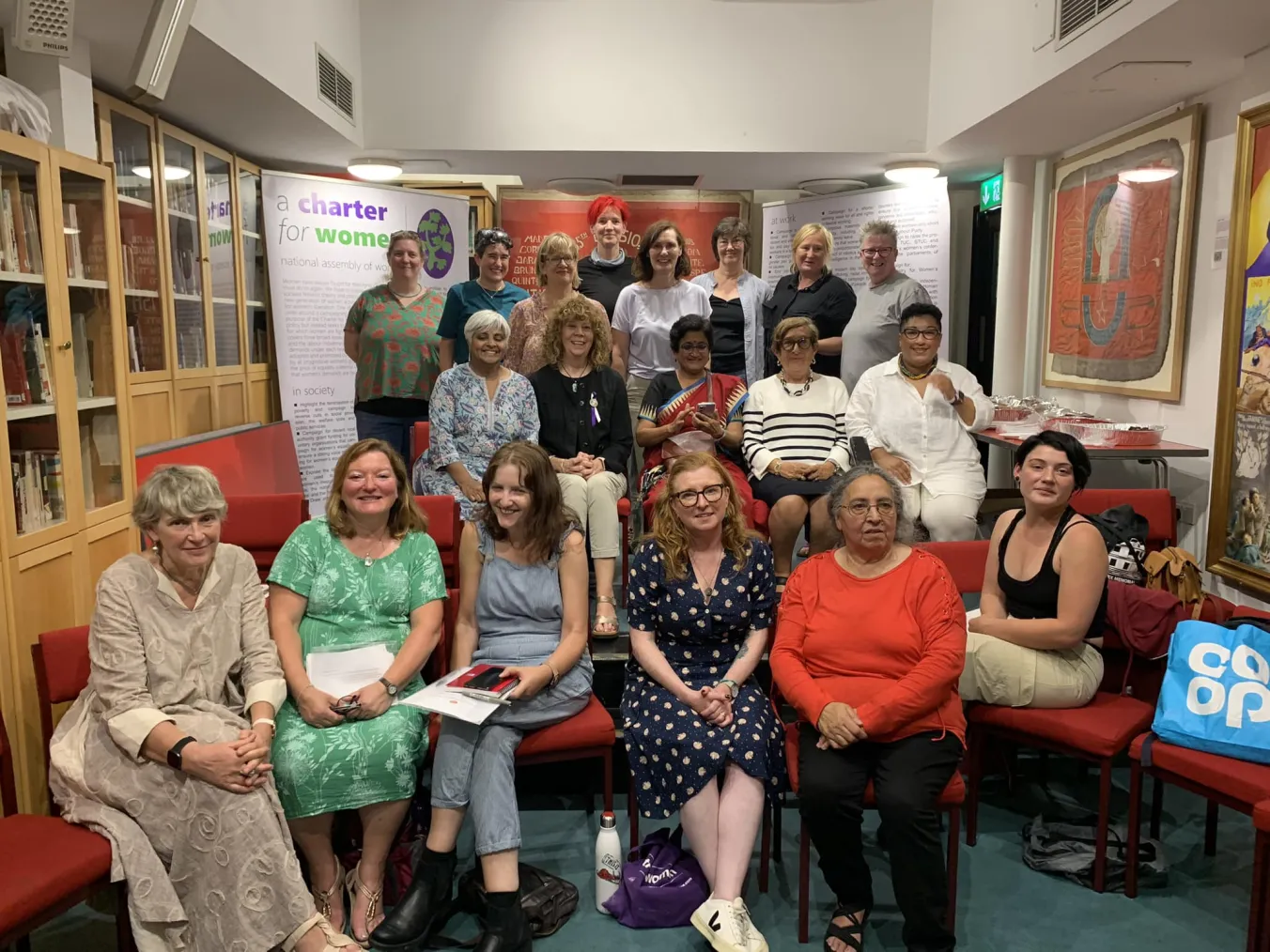
ROS SITWELL reports on a communist-initiated event aimed at building unity amid a revived women’s movement
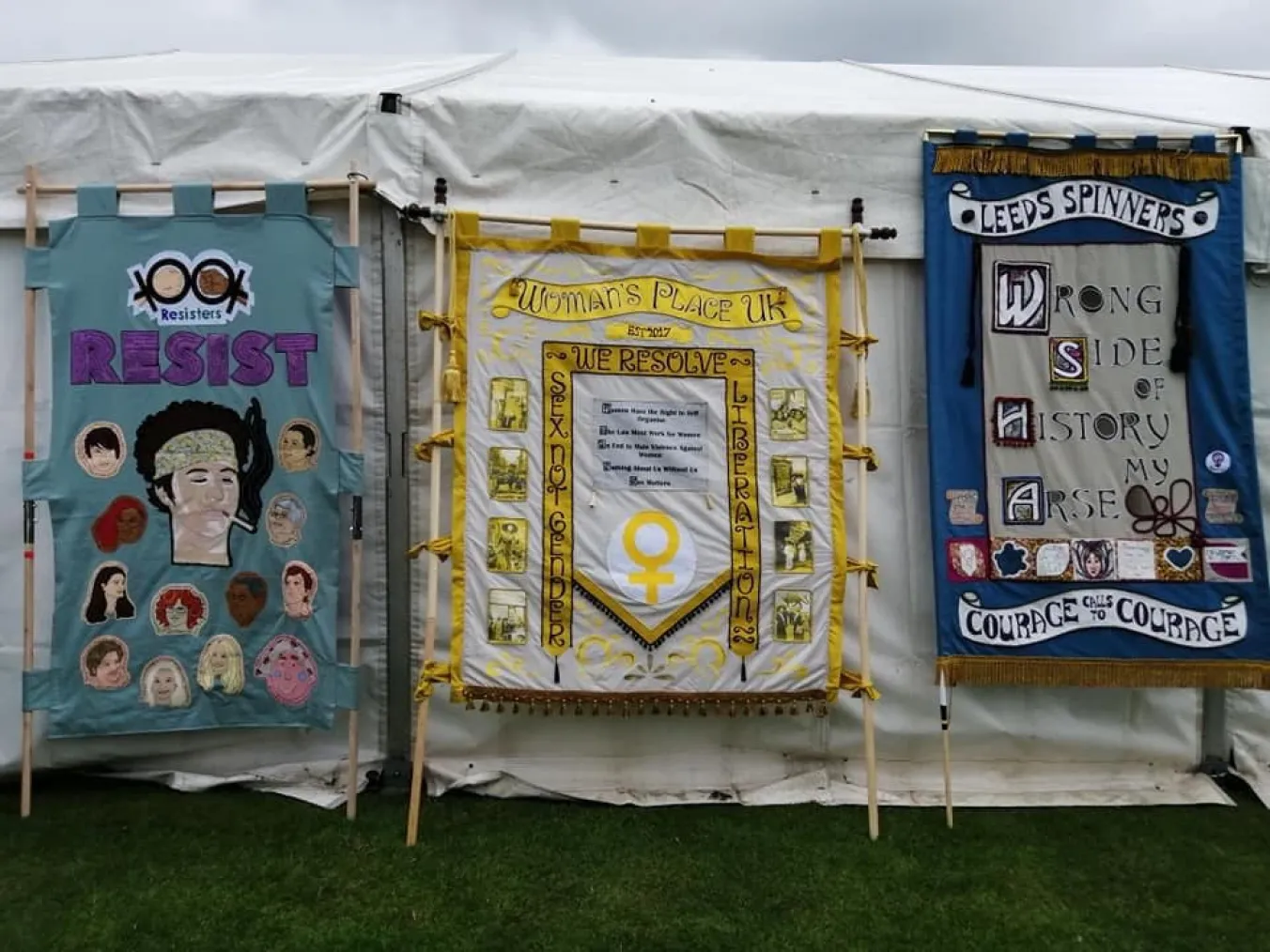
London conference hears women speak out on the consequences of self-ID in sport
Similar stories
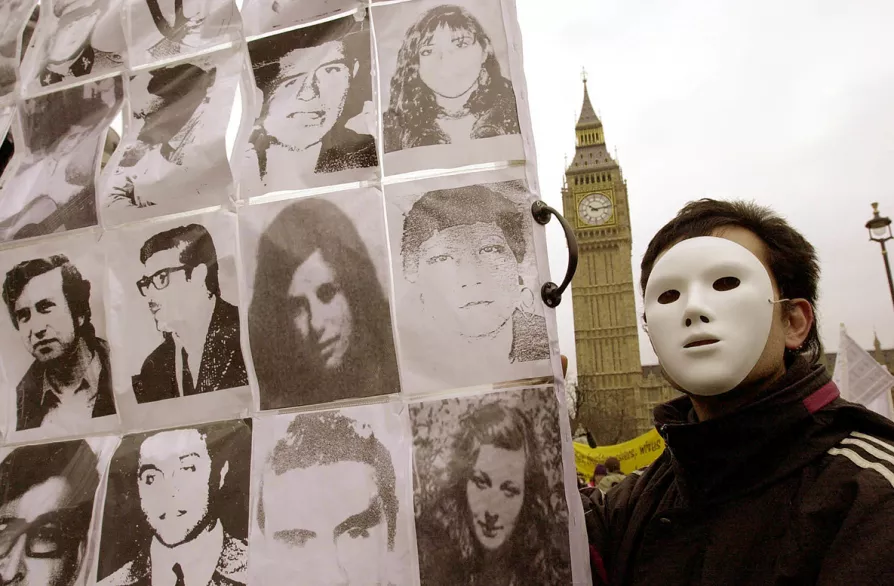
Chilean resistance activist SERGIO VASQUEZ addressed a gathering unveiling a plaque in the city of Sheffield marking the 51st anniversary of the 1973 fascist coup in Chile on Saturday — we reprint his powerful speech here
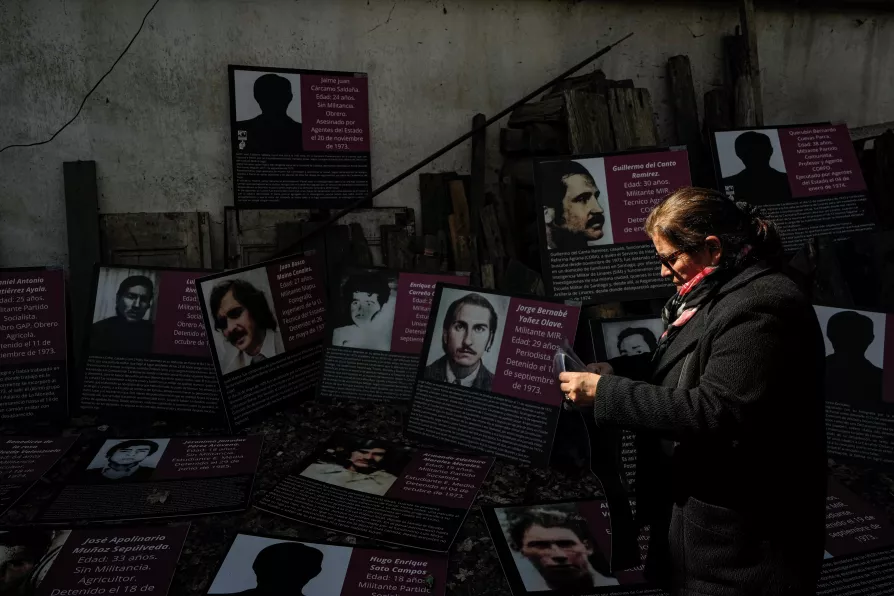
LINDA PENTZ GUNTER recalls the anger and heartbreak over the 1973 coup in Chile, with its torture and massacres, which we now relive with the horrors carried out by Israel in Gaza – and also through our solidarity
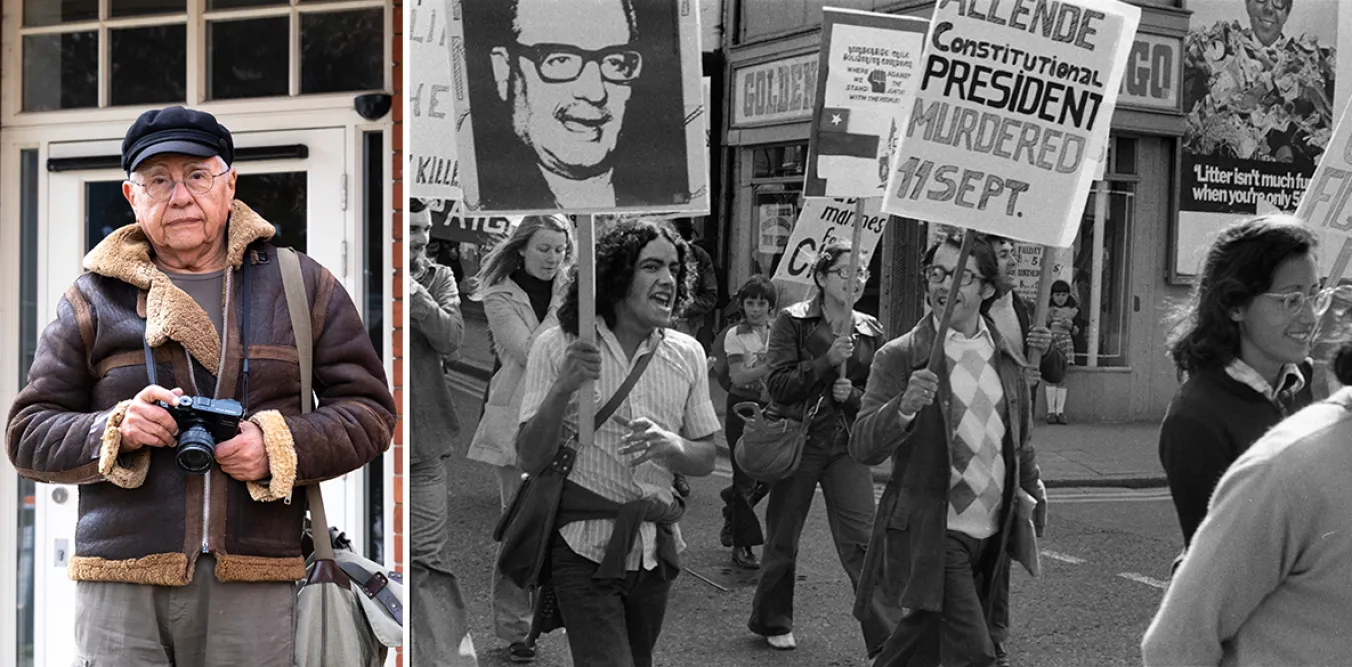
Co-curator TOM WHITE introduces a father-and-son exhibition of photography documenting the experience and political engagement of Chilean exiles










